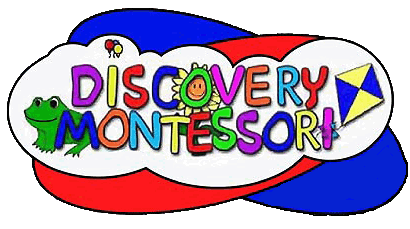The Montessori Method of Education
There are practical life materials. These materials are designed to prepare children for real-life experiences. They help children develop skills, which will increase their independence and confidence in themselves. There are sensorial materials. These materials are designed to isolate for the children the properties of thins and to help them refine and organize in their mind what they are absorbing through their senses. There are math materials. The purpose of these materials in to ensure that the process of mathematical abstraction is based on concrete experiences with manipulative materials. There are language materials. These materials offer a systematic breakdown of the elements of reading that enables children to experience concretely the structure of the language. There are also cultural materials. These materials include geography, botany, history, astronomy zoology, physical science, art, and languages. The purpose of these materials is to sharpen the child's powers of observation and understanding of the world around him.
One of Dr. Montessori's observations about children was that there are certain stages when children are especially ready to learn a particular thing. She called them "sensitive periods." She observed that if children were given the opportunity to learn a particular skill during their sensitive periods that never again could they learn it so easily or so well. The Montessori classroom is designed to offer children the opportunity to learn and develop according to their sensitive periods.
Maria Montessori also discovered that young children are able to concentrate to a far greater extent than adults realized if an activity meets their needs, and if the process allows physical involvement. Adults often think young children have short attention spans when the problem is that they are seldom given activities worthy of their attention or appropriate to their style of learning. To encourage concentration in children their needs for repetition must be met, and time allowed practicing that particular skill. The Montessori classroom encourages concentration by offering a wide variety of materials from which children can choose according to their needs and by allowing children to use them repetitively until their needs are met.
The Montessori Classroom tries to foster and nourish the fundamental needs of children. In the Montessori classroom the fundamental needs of children are considered to be the need for movement, the need for language development, the need for independence, the need for love and security, the need for discipline, and the need for order.
After a while, with cooperation of the school and the home and a real understanding of how to cater to the child's needs, Maria Montessori described how children become normalized. The normalized child is one who has a love of order, a love of work, a love of silence and working alone, profound spontaneous concentration, obedience, independence and initiative, spontaneous self-discipline, attachment to reality, and joy.
